So, you've just finished watching "The Game Changers" and your head is spinning. How could I have not known that so many athletes and celebrities were vegan? I can be a bodybuilder on a plant based diet and save the world? My husband can get harder erections than ever?
Yep, the movie is amazing, the times are changing and you're ready to change with them. Welcome aboard.
Today we're going to introduce you to a staged approach to shifting to a plant-based diet. You may choose to go cold turkey (pun not intended), but from our experience, many carnivores who switch to a strict vegan diet overnight don't keep it up for very long, so we're going to take baby steps.
Without further adieu, here is how to easily transition to a plant-based diet.

Step 1 - Cutting out the bad stuff
Meat is the first and most important thing to cut out. Many schools around the US are implementing meatless Monday programs to slowly wean our children off a meat dependency. You're going to do the same, just a little more extreme.
First you'll want to immediately try and eliminate red meat, as red meat is causing your body the most harm due to it's strong link to cancer and heart disease. This is a big first step, leaving you with chicken, fish, turkey, pig etc.
You may be able to cut meat out of your diet immediately, but for others it can be a longer process, so simply reduce the amount of days you eat meat by 1 day each week. Within 7 weeks, bam, you're meat free.
Dairy is next and can also be the trickiest. Cheese, yoghurt, milk, ice-cream and more, yep, off the menu. I recommend cutting back on these during your initial 7 week challenge. Dairy can do a lot of harm to your body and you will feel a lot better when it's gone.

Step 2 - Bringing in the good stuff
Again, the trick is to start slow and not switch immediately to a whole-food plant based diet (unless you're very strong willed!). During these initial 7 weeks, you're going to swap out, not eradicate, your favourite meals.
Is a steak, fries and side of vegetables your absolute favourite? That's fine, you're just going to replace the steak with seitan. Maybe bolognese is your favourite Sunday night meal? No worries! Replace the ground meat with textured vegetable protein or Beyond Meat.
Ok you get the point, you don't have to immediately opt for the salad. There's a million delicious plant-based substitutes for traditionally meaty meals. This diet isn't going to be very healthy at this point, but it's a great start. Eventually you'll want to start pushing out anything processed and focus on whole foods.
To get you started, here's a shopping list we put together to guide you on your next shop.

Step 3 - Getting enough protein
"Someone asked me, 'How could you get as strong as an ox without eating any meat?' and my answer was, 'Have you ever seen an ox eating meat?'” - Patrik Baboumian
It was a great scene in the documentary and that's one impressive man. His quote is totally accurate, because guess where protein comes from.. plants! It's actually very easy to hit your recommended daily protein needs on a plant-based diet, as it turns out many plant-based food items have a tonne of protein in them.
Fortunately we have a whole article dedicated to this topic, so to find out where to get your protein, here you go!
32 Highest Vegan Protein Sources & Complete Guide To Avoiding A Deficiency
For the body builders out there who are looking to hit that 1.5/2.5 grams mark, fortunately there are a tonne of great vegan protein powders on the market which offer up to 30 grams of protein per serving, so you'll always hit your mark.

Step 4 - Getting all the right nutrients
The biggest question that comes with any new diet is, how do I know I'll be getting all the nutrients I require? Easy, I'll tell you.
Here's the best part about veganism. Your body for the first time will be getting all the nutrients it actually needs (compared to your old diet) and you'll consequently feel amazing. Stronger focus, more energy, better sleep, even better sex. This is all achievable with a balanced whole food plant-base diet which includes an array of fruit and veg.
A great place to start is to read or listen to Michael Greger's "How Not to Die" which will give you some incredible insight into the western diet and help you work out what might be missing from you diet.
There are however three nutrients that you may need to supplement on your plant-based diet that are essential to your long term wellbeing. That's B12, Vitamin D and Omega 3. Without these essential nutrients you could be risking your health.
Fortunately we have a 30 second video for you quickly covering this topic, because frankly it's not the most exciting.
Step 5 - Finding simple vegan recipes
It's not easy completely changing your diet as a cook, because you're going to have to familiarise yourself with some new foods and how best to cook them. This can be very exciting though, if like me, you love a good challenge in the kitchen.
Pinterest is a wonderful resource for finding vegan recipes. Set up an account, create a board named "vegan recipes" and pin every awesome vegan recipe you can find to it. I have over 100 recipes now that I can easily bring up when I'm lacking inspiration and motivation.

Step 6 - Stage your approach, modify your habits and you’ll succeed
A small minority of vegans are able to change their lifestyle immediately, but for most people, a staged approach of a period of weeks or months will be much easier.
It’s also important to see a vegan lifestyle, not as a challenge, but as an opportunity to explore a new culinary world that’s better for the animals, the environment and your health too.
Of course, if you already eat a very healthy whole-food plant-based diet then you can skip most of the above. If like most people you have a fairly typical diet, then you can gradually shift to healthier vegan foods as you adjust to the lifestyle.
Helpful Resources

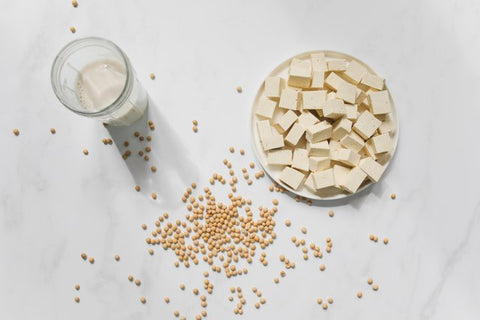

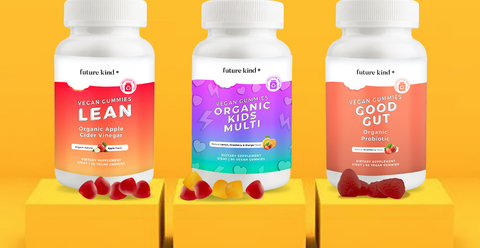
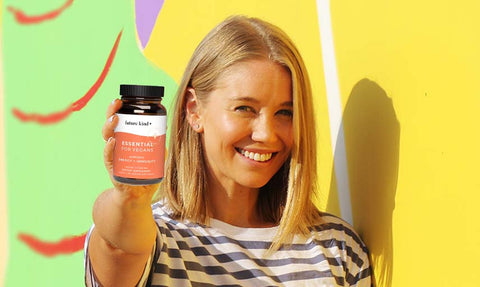
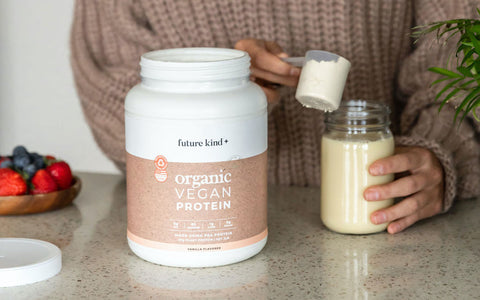
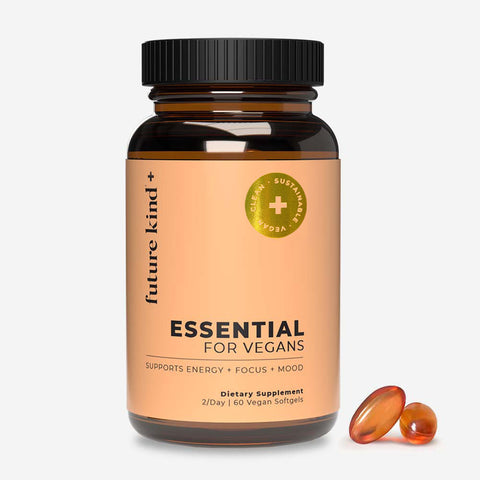
Comments (0)
There are no comments for this article. Be the first one to leave a message!